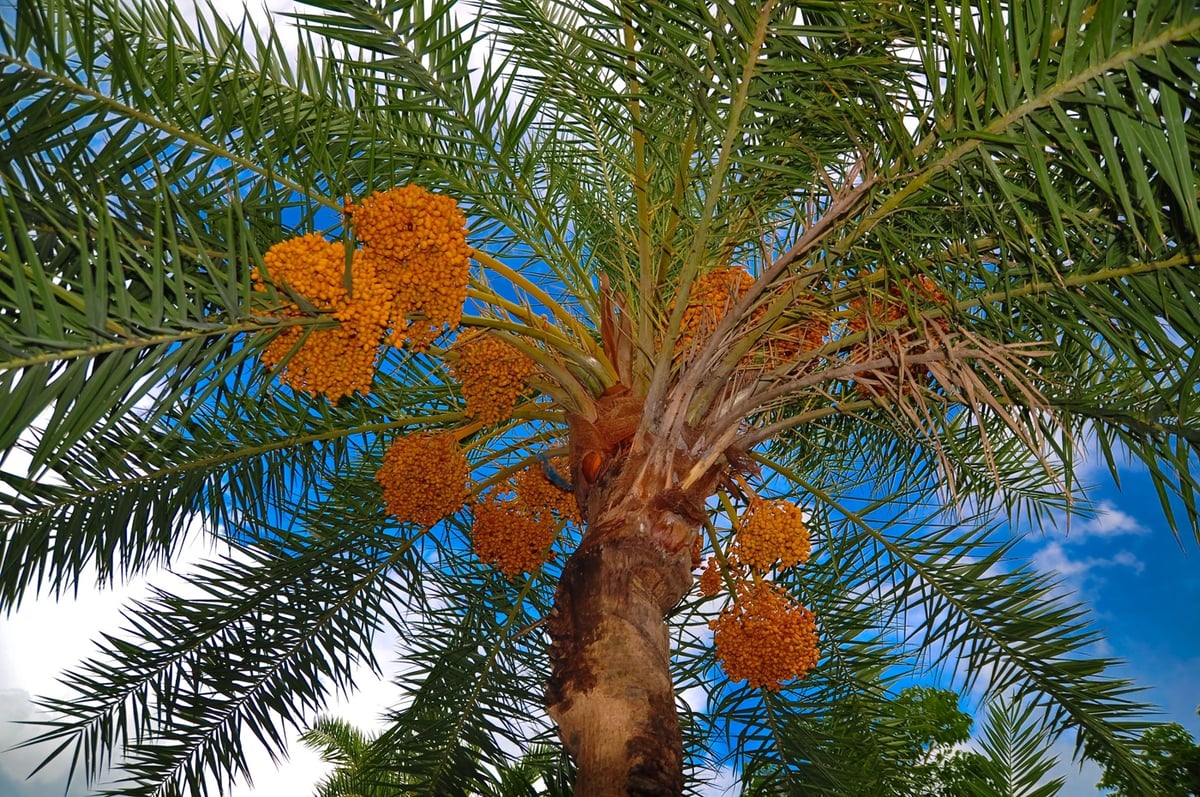Date-palms sprouted from 2,000-year-old seeds

Seems I’m on a bit of a nature and trees streak this week, I hope you’ll indulge me. A team led by Sarah Sallon, a doctor at Hadassah Medical Center, has been finding millennia old seeds from archeological sites and sprouting some of them into viable date-palm trees.
It’s kind of fascinating to contemplate the age of those seeds by considering where they come from and the events they were contemporary too.
Five of the six seeds that ultimately sprouted came from either Masada, the site of a famous siege in 74 b.c. that is said to have ended with the mass suicide of Masada’s defenders, or the Qumran Caves, best known as the site of the Dead Sea Scrolls. (A sixth came from caves at Wadi Makukh.) At 2,000 years old, the seeds are in fact contemporaries of these ancient events. Around the time Romans were laying siege to Masada and the Dead Sea Scrolls were being written, these seeds were being formed.
Perhaps other types of old seeds can be used and their genetic heritage tapped into to face our current challenges.
The fact that the team has done it not just once but now seven times suggests that ancient seeds could be used to resurrect genes that disappeared after thousands of years of breeding. “These ancient seeds might represent lost genetic diversity we don’t see any more,” Pérez-Escobar says. As date-palm growers adapt to climate change and battle pests and diseases, they might want to tap into the pool of ancient genes hidden in archaeological archives.
Image credit: Balaram Mahalder on WikiMedia Commons (not one of the trees planted from 2,000-year-old seeds).





Stay Connected